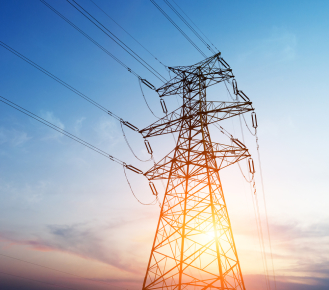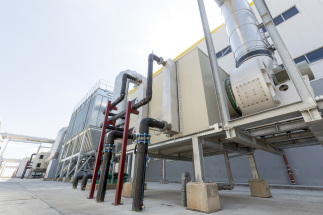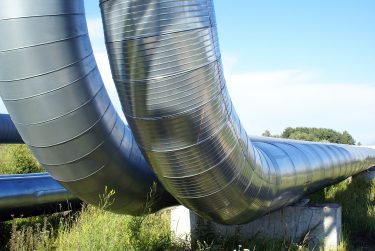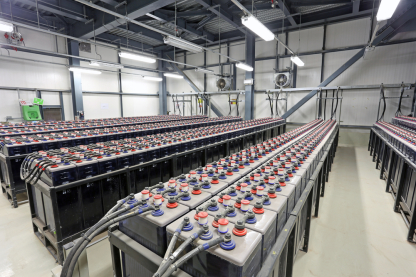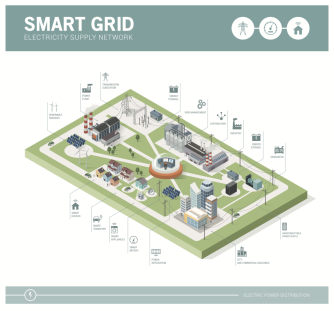
Energy Law @ Lansdown Chambers - Past Projects
Practice work covers all renewable energy technologies and all stages of the development of a project either up to the point of sale or to the point of operation. It includes all the commercial matters that arise along the way. In the past it included the different subsidy schemes (the Renewables Obligation and the Feed-in Tariff). It now includes the remaining subsidies (Contracts for Difference Feed-in Tariff , or CfDs and the Renewable Heat Incentive).
Power Purchase Agreements (PPAs)
The one contract all projects need to sell output and all buyers need to buy input.
Without a PPA, a project other than a battery-generator won’t be funded, unless, and rarely, the funder is also an off-taker. The bigger the input, the more complex the PPA, as the more the buyer needs to manage price, volume and imbalance ‘penalty’ risk.
Risks in smaller PPAs, on either side of the purchase arrangement, need to be balanced against changes in market prices, changes in the ‘add-on’ costs of subsidies, the Capacity Market, the costs of using the network and against interruptions in supply.
PPAs worked on range all the way from a 2MW solar scheme to a very larger user with variable volumes for different kinds of renewables technologies. They include a wide range of CHP, biomass, biogas, wind and solar plant.
The arrangements include sleeving, availability and sales to different kinds of aggregator.
Project Sales/Purchases and Funding
Projects are sold at two stages – prior to development and when they have been running for some time.
Work done for projects under development include solar, wind, waste-to-energy, biomass and green fuels and includes all aspects of the arrangements, from grid connections and EPC/O&M contracts to funding or equity arrangements.
Projects sold at a later stage include the same technologies, often in 'bundles' of anything up to 10 separate projects. This has included asset purchases and share purchases. The work has involved issues of accreditation as well as due diligence of all the extant contracts, together with a sale (asset or share purchase) agreement.
Technical Energy Issues
Projects sometimes bump against regulation – and then owners seek advice on ways to avoid the problems raised.
A local authority proposed to develop a major housing scheme with rooftop solar panels. At the stage of the feasibility study it was informed by the local network company of a range of problems that would defer the scheme's implementation for several years. It sought advice on the constraints, costs and timescales for connecting.
A City Council owned and operated an electricity generator, distributing its output to customers along a network owned by it. It wished to change the arrangements to enable a waste generator on land adjacent to the Council's land to take over the arrangements (but not the generator) and to know whether the legislation permitted it to do so and, if not, what it should do.
A law firm for its client with 1300 plus properties wanted to know whether it could supply electricity to the tenants of those properties without breaching regulations.
A waste-to-energy company planned to supply its output onto adjacent land. The regulator decided that it needed a licence to do so. It sought advice about that decision. (The regulator ultimately changed its mind.)
Heating Schemes
Finished projects include EESCO and heat supply arrangements for a scheme for 7,000 houses and amenity facilities (shops, clinics, schools) in the West Country, or heat supply arrangements and framework agreement for 3,000 homes in the east.
Smaller ‘conversion’ district-heating schemes have tended to be fuelled by renewable generators, but large-scale schemes have been (and will be until or unless hydrogen becomes a commercial option) fuelled by gas generators.
A nursery contracted for the purchase and operation of a 750kW geothermal installation, the whole being subject to the Renewable Heat Incentive.
Other Technologies
Solar schemes developed have ranged from 5MW to 132MW. The smaller projects have tended to be purchased outright with the larger projects involving a combination of equity and debt from a range of sources. Some solar schemes – either rooftop of field-based - were bought in bundles. Some schemes were bought by companies set up as income earners through obtaining platform funding to enable development and purchase. Work undertaken is UK-based and overseas.
Wind schemes have ranged from one-off turbines to bundle purchasing (ten or more or as part of a solar, ASD, wind collection).
Waste-to-energy has included large CfD-backed 'innovative technology' projects, large and small oil-recovery projects, pyrolysis district heating, AD behind-the-meter schemes and CHP-based schemes.
